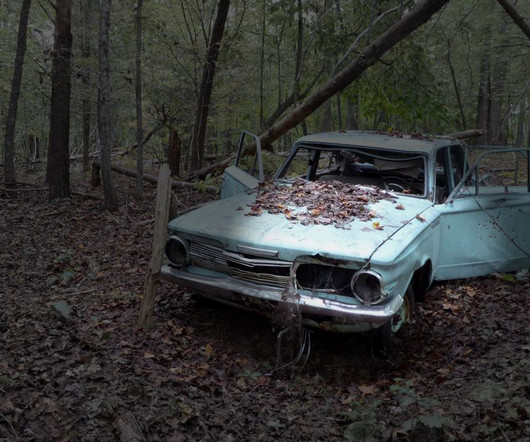The Value of Hospice-Emergency Department Collaboration
Hospice News
APRIL 29, 2024
Fostering greater collaboration between hospices and hospice emergency departments can help reduce health care costs, generate revenue and improve patient outcomes. Nearly 40 million seniors visit the ED annually, according to the Institute for Healthcare Policy and Innovation at the University of Michigan.

















Let's personalize your content